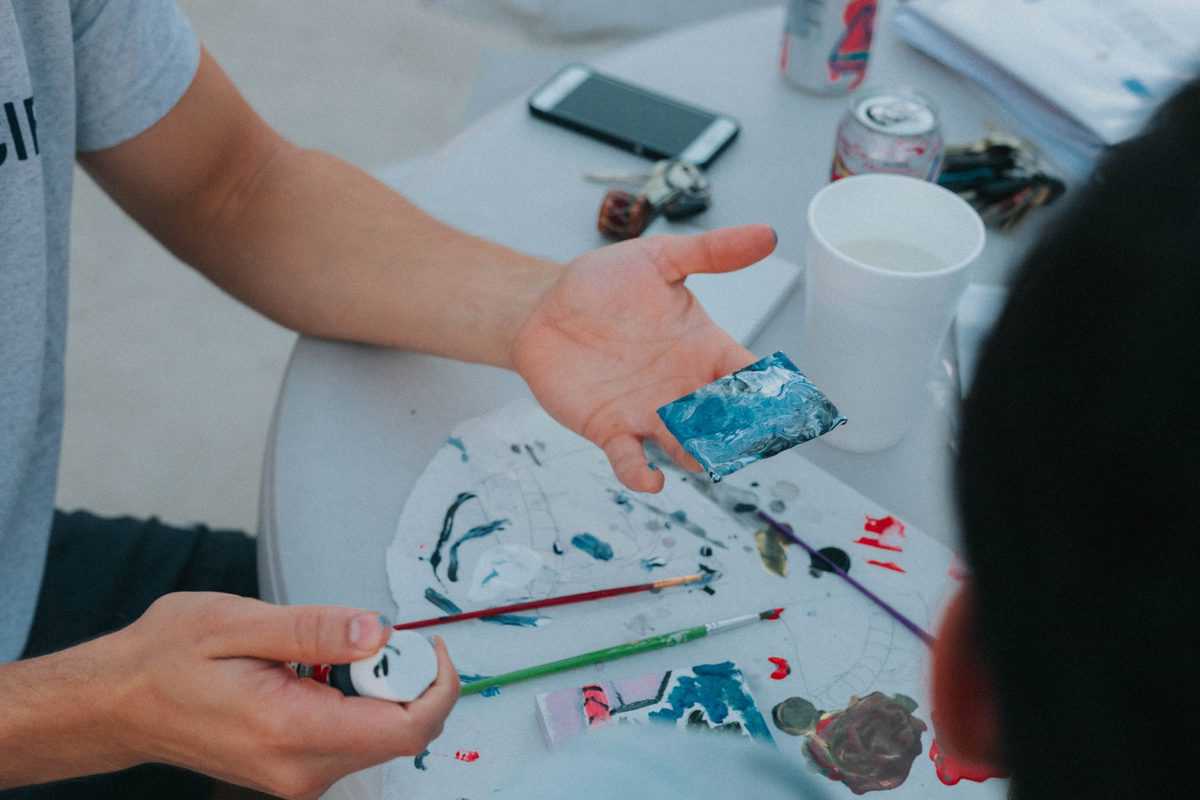Making mistakes in craftwork can often seem like a disaster. Sometimes you feel like binning the whole thing and starting again. When you’re working with acetate and glass that isn’t always practical.
I’ve used the suggestions below to help many learners feel more confident in sorting common mistakes in Glass Painting.
What type of mistakes?
The common mistakes come in using outline pen, acrylic paste or methylated-based glass paints. Though different materials, they are all sorted with a single product . It will be no surprise to hear that product is methylated spirits.

Outline pens used in glass painting are generally designed for use with overhead projectors and are methylated based. That means that the pens, and the paste used for the thicker 3D outlines, can all be removed with clean meths.
Mistakes made with methylated-based 15 painting mistakes to avoid can be removed in the same way. Use water for removing mistakes made with water-based paints.
Removing pen and outline mistakes
Whether you are using an outline pen, or paste, the process is the same for both. Follow the instructions carefully and you should completely remove the problem ready to start again.
What you need to prepare
1. Pour a small amount of clean methylated spirits into a clean individual sized jam jar and replace the lid.
2. Cover your table with newspaper and place a blank sheet of copy paper on top.
3. Place your acetate or glass on the paper.
4. Gather a few clean cotton buds.
What you do
1. Dip one end of a clean cotton bud into the clean meths. and replace the lid.
2. Holding the dipped cotton bud end against one end of the ‘mistake’, gently roll the cotton bud away from you through the mistake.
3. As you do this, the meths-soaked bud will absorb the paste or pen ink.
4. Don’t drag the cotton bud or you may make more of a mess.
5. Continue by dipping in a clean end and roll again until the mistake has gone. You may need to do this a few times.
What next
1. Don’t forget that you’ll need to put back the design outline after all this cleaning.
2. Refresh the design outline again using your paste or pen.
Practice
When you first do this it can be fiddly but the result is a good as new piece of work. If it helps to restore confidence then it’s important to sort out any mistakes as soon as possible. Left uncorrected it’s easy for learners to get discouraged and give up. And if they have had earlier “I can’t do craft” experiences, this will just feel like another that convinces them.
I always show people how to sort out mistakes, and generally, when demonstrating how to do outlines, I make a mistake! They’re not to know if I did it on purpose of not – unless I tell them. It makes it all seem as if problems are really not a problem after all.
Practice this before your session so that you feel confident and you’ll soon have everyone churning out great pieces of work that they are proud off. And if you do have to start again, hey, no big deal.
Start by using materials that won’t break the bank. Acetate is a brilliant place to start as it’s easily obtainable, cheap and easy to use.

